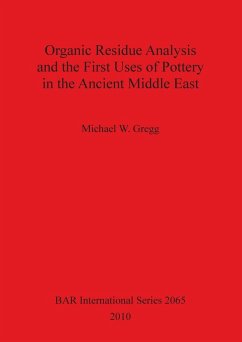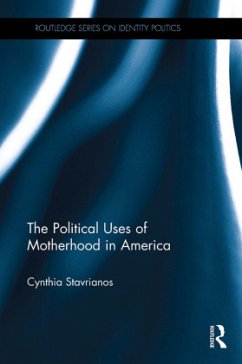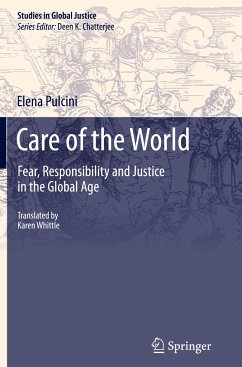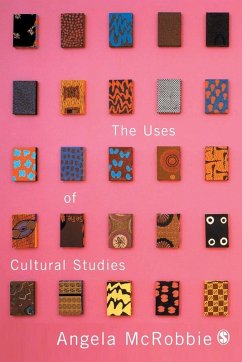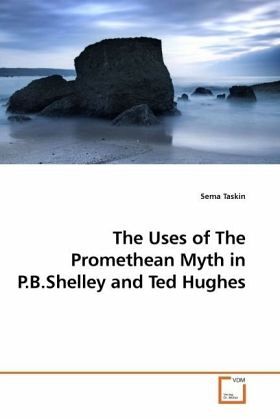
The Uses of The Promethean Myth in P.B.Shelley and Ted Hughes
Versandkostenfrei!
Versandfertig in 6-10 Tagen
32,99 €
inkl. MwSt.

PAYBACK Punkte
16 °P sammeln!
The Romantic poet P.B. Shelley (1792-1822) expresses his own ideas on freedom, rebellion and tyranny in his lyrical drama Prometheus Unbound (1819). In this work, Shelley portrays Prometheus not only a rebel hero who suffers but also the one who makes a stand against the dark forces of tyranny with immense courage and determination. The 20th century poet Ted Hughes (1930-1998) uses the same myth and portrays a different Prometheus character in his twenty-one short poems of "Prometheus On His Crag (1979); Prometheus, in this work, has to face horror and pain under the continuous torture of the ...
The Romantic poet P.B. Shelley (1792-1822) expresses his own ideas on freedom, rebellion and tyranny in his lyrical drama Prometheus Unbound (1819). In this work, Shelley portrays Prometheus not only a rebel hero who suffers but also the one who makes a stand against the dark forces of tyranny with immense courage and determination. The 20th century poet Ted Hughes (1930-1998) uses the same myth and portrays a different Prometheus character in his twenty-one short poems of "Prometheus On His Crag (1979); Prometheus, in this work, has to face horror and pain under the continuous torture of the vulture sent by Zeus. During this torture Prometheus tries to find answers to such questions as "Who am I?", What am I doing here? and "Why am I here?; what comes out of this questioning is the examination of the relationship between the self and reality. Shelley and Hughes present Prometheus as the hero who suffers, but each poet relates the figure of Prometheus to the particular hopes and fears of the people of their own age. This shows that the Promethean myth is ageless and recurrently signifies new concepts for different people in different times.





